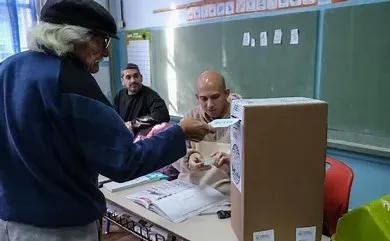The recent elections in the Province of Buenos Aires marked a turning point in the Argentine political landscape. The victory of the opposition coalition Fuerza Patria, led by Axel Kicillof, not only meant a decisive triumph in a key district but also reconfigured the power map at the provincial and national levels. This result directly impacts the relationship between President Javier Milei's government and the opposition, generating both political and economic repercussions.
The most striking fact was the defeat of the national government in a stronghold that concentrates almost 40% of the country's electoral roll. With over 47% of the votes, Fuerza Patria managed to triumph over 34% of La Libertad Avanza, consolidating Kicillof as the main reference of Buenos Aires Peronism. The result was overwhelming: the opposition won in 6 out of 8 electoral sections and in 99 of the 135 municipalities of the province.
This victory provides Fuerza Patria with a stronger control in the Provincial Legislature, as it achieved its own quorum in the Senate and gained seats in the Chamber of Deputies. Consequently, the coalition now has the capacity to approve laws without the need for agreements with other forces, which strengthens its political position in the province.

On the other hand, Libertad Avanza and its ally the PRO managed to establish themselves as the second legislative force, but the setback in Buenos Aires is perceived as a significant blow to Milei, who had presented the election as a referendum on his administration. The reaction of the financial markets was immediate: the parallel dollar increased, and Argentine stocks and bonds fell, reflecting investors' distrust in the viability of the official economic plan.
Regarding political proposals, Kicillof seeks to continue social policy programs, health care, education, and infrastructure, with a strong emphasis on social justice and defending wages against inflation. Milei, in contrast, maintains a program focused on reducing public spending, privatizations, and reforms in security and justice, creating a clear contrast in visions about the country's direction.
The result of these elections not only represents a political victory for Fuerza Patria but also a warning message for the national government. The legislative control that the Buenos Aires opposition now possesses gives it a decisive power in the most influential province in the country, while the defeat of La Libertad Avanza raises doubts about the strength of Milei's project ahead of the national legislative elections in October. The scenario that unfolds is one of political tension, economic uncertainty, and ideological dispute, where the next steps of both sides will mark the country's course in the coming months.

Comments